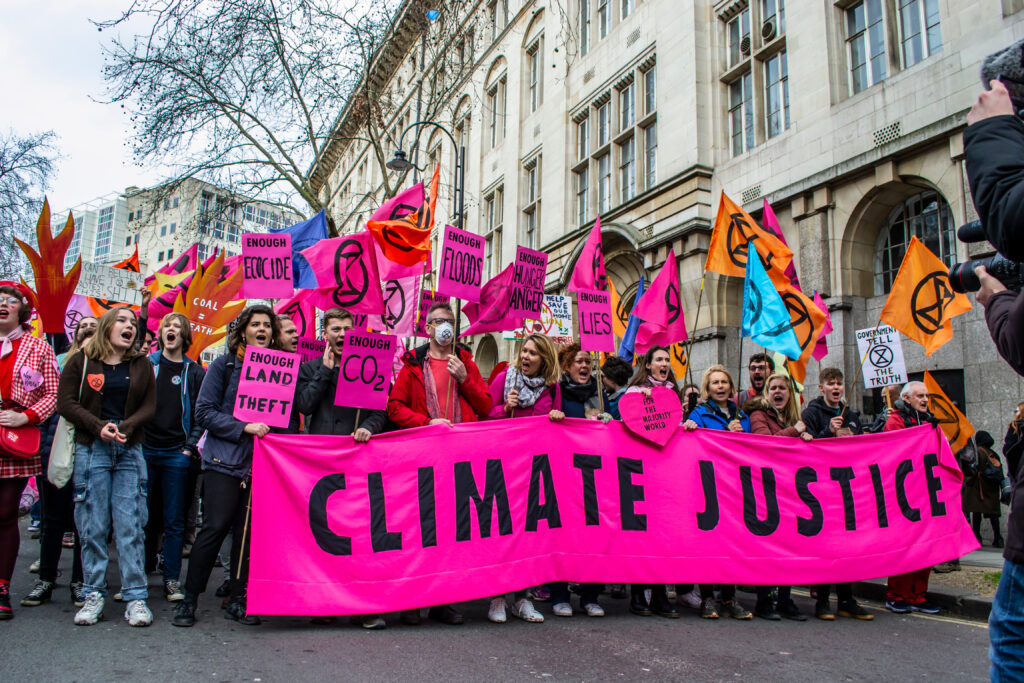November 7, 2020 | By Julius Melnitzer
The European Commission (EC) has finally moved towards meaningful rights for environmentalists to challenge administrative decisions.

In theory, non-governmental organizations(NGOs) have had that right since the European Union (EU) signed the United Nations-backed Aarhus Convention, which came into force in 2001. The Convention now has 47 states as parties (of which 27 are in the EU), all of them in Europe and Central Asia.
“The degree of frustration that the EU’s member states have had with the Commission’s foot-dragging is palpable,” says Jeremy Wates, the Brussels-based secretary-general of the EU’s largest federation of environmental citizens, the European Environmental Bureau (EEB). The EEB embraces 160 organizations who claim 30 million members.
The Convention was intended, among other things, to ensure that NGOs could challenge environmental administrative decisions. But the EU threw a wrench into the works with its Aarhus Regulation, which limited challenges to decisions of “individual scope”.
“That is a limitation that was not only not foreseen but also not allowed under the Convention,” Wates says. “The upshot is that the EU has been non-compliant with the Convention from the outset.”
Measures of individual scope would relate to particular companies, genetically modified organisms, or chemicals. But many of the EC’s environmental decisions are of general scope.
“It’s the matters of general scope – like pesticides in apples – that NGOs want to challenge,” Wates says. “However, in the great majority of cases, courts have rejected these challenges.”
In 2008, ClientEarth filed a complaint with the Aarhus Convention Compliance Committee. Nine years later, the Committee ruled that the EU regulation breached the Convention’s access to justice rules.
“That should have been the end of it,” Wates says. “But the EC tried to have the EU reject the findings.”
Almost three years of political maneuvering by the EC followed. Finally, in mid-October, the EC released its proposal to amend the Regulation.
Environmentalists laud the move, but say it falls short.
“The proposal is welcome because it shows that the EC is willing to make changes,” says Anne Friel, a lawyer in ClientEarth’s Brussels office. “But the wording doesn’t go as far as we would have hoped. The proposed text demonstrates a lack of accountability that is not in compliance with international law.”
In particular, the proposal allows NGOs to challenge only administrative decisions of general scope that do not require “implementing measures”.
“The logic behind this is that we should wait for implementation by the member states, then challenge in the national courts first,” Friel says. “But this can’t substitute for direct access to the ECJ, because access to the national courts is not a given. Even when it is, the process takes so long that the environmental damage may well have occurred by the time the matter is resolved.”
Also objectionable is the arbitrary exception for state aid decisions.
“At the moment, for example, a lot of public funding is going to carbon-emitting industries, and these could not be challenged under the current proposal,” Friel says.
The fate of the proposal is now in the hands of the European Parliament and the European Council.
“What we’re telling legislators is that it’s appropriate to challenge some decisions at the ECJ from the outset, rather than in the national courts first,” Friel says. “But there’s a lot of scaremongering that this will open the floodgates in the ECJ and also hinder economic development.”
Ultimately, Friel argues, leaving the amendment in its proposed form will create another decade of legal uncertainty.
“Having come so far, it’s a shame that the EC left such large loopholes,” she adds.
RELATED STORIES
Why parent companies may soon be unable to claim immunity from their subsidiary’s liabilities
Trans Mountain’s biggest obstacles look set to drag the long-running pipeline saga well into 2022
Why B.C.’s Indigenous rights bill is ‘impractically broad’ and inconsistent with Canadian law
Government should be honest about its support for UN Indigenous rights resolution
Insurers lead response to climate change disasters
Julius Melnitzer is a Toronto-based legal affairs journalist, writing coach and media trainer for law firms and legal departments. He can be reached at julius@legalwriter.net or at https://legalwriter.net/contact.